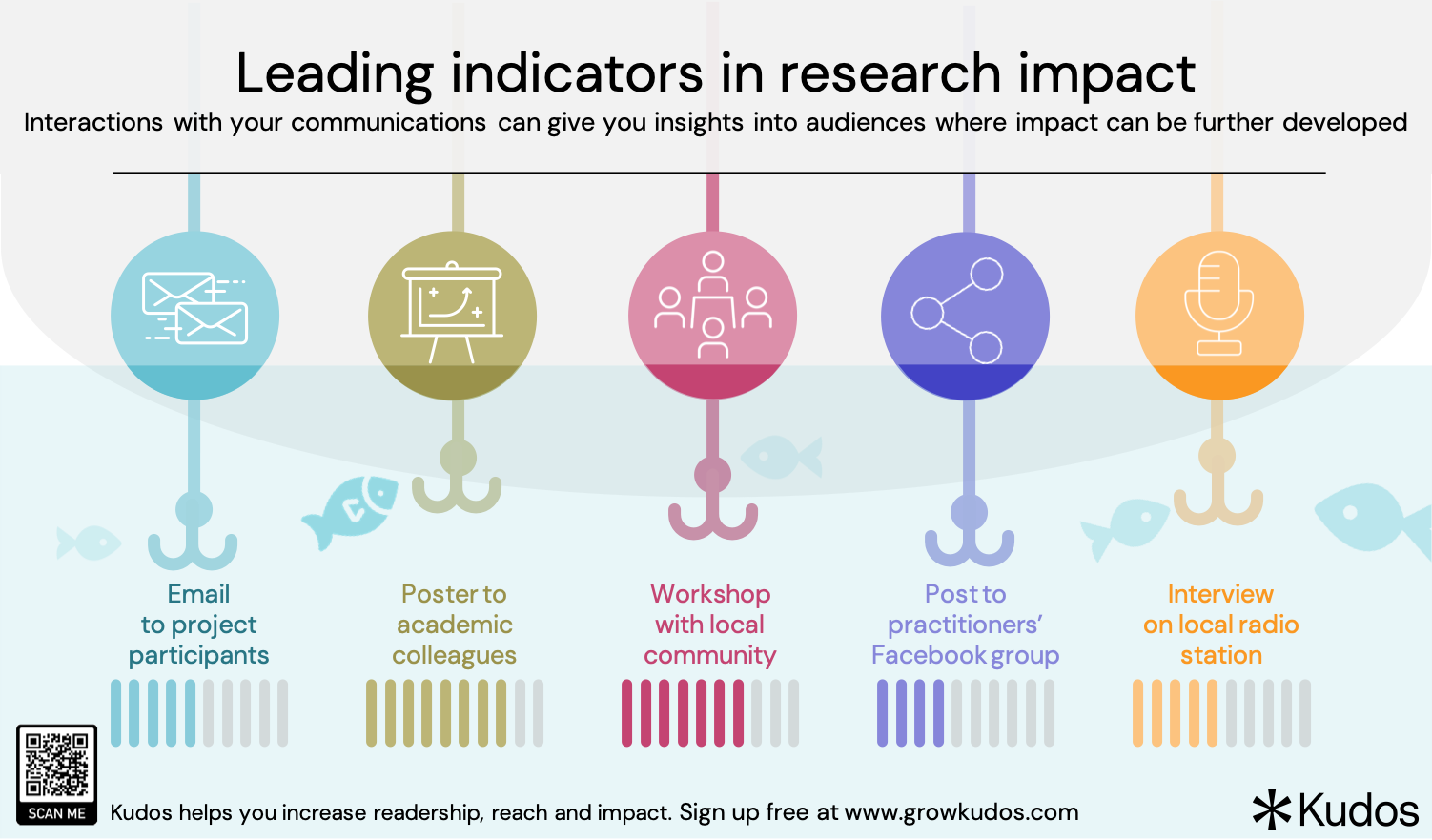Following our "how-to" posts on research impact and research communication, our next two posts will focus on “measuring research impact” and “measuring research communications”.
If you search online for “how to measure research impact” the first result you are shown is all about publication impact. This is pretty painful for those of us who’ve spent our careers trying to move people on from thinking about research impact solely in terms of publication impact (see “what is impact”).
But of course the reason for this is that the actual answer is more complicated, and search engines don‘t like complicated answers! The answer is "it depends" – on the type of research you are doing and what sort of impacts you might be aiming for. You might be trying to change behaviours, or attitudes, or improve economic or environmental outcomes.
Measuring impact is a long game
As part of your research planning you will be identifying the kinds of outcomes you are aiming for, and the ways they might be measured. Ideally, you will be capturing a baseline, and putting mechanisms in place to evaluate any changes to that baseline in due course. What you measure will depend on the type of impact you hope to achieve:
- If you hope to improve awareness, or change attitudes or behaviours, you might track progress through before and after surveys.
- If you are trying to improve economic outcomes, you might use local government statistics to see whether there is lower unemployment, increased spending or improved business activity.
- If your research aims to improve environmental outcomes, you might be tracking energy use, waste quantities or pollution levels.
- If you are aiming to improve health outcomes, you will capture and monitor data about things like patient numbers or survival rates.
The one thing all of these outcomes and metrics have in common is that they take time to achieve, and you – and no doubt your employer, your funder and others – are going to want some leading indicators along the way to know whether you are heading in the right direction.
Leading indicators for research impact
At Kudos we are trying to solve this challenge by helping you track your impact as it develops. As we‘ve discussed in earlier posts, communications are key to developing research impact. And tracking those communications is key to knowing whether and where that impact is developing.
I think of it like setting up lots of rods when you go fishing. What you want to do is keep checking the tension on those rods – which might be going to bring you a catch.

Measuring the different things you do to communicate gives you a way of checking the tension on those rods – a sense of whether you have a bite, and if so, which line should you reel in. Which audiences are engaging with your research - where should you put your efforts to develop your impact further?
Why it's important to track research communications
One of the things that I see most commonly with academics’ engagement activities is a lot of time and effort and budget being spent without any tracking – which means that you just don’t know whether you are actually reaching your target audiences or achieving the recognition you’re looking for. You don’t know which of your rods is bringing in the bites.
Measuring your research communication efforts is important because:
- It gives you a leading indicator – is my research getting attention among my target audiences?
- It helps you know where to follow up to better develop and measure that impact
- It helps make your communications more efficient and effective, as you learn what works (what to do more of) and what doesn‘t (what to do less of).
In my next post, I’ll provide a summary of funders’ expectations in terms of how you plan and track the communications that underpin research impact.
Getting started with impact
The things you do to communicate and disseminate your research are the vital “missing link” between the research that you do and the impact you hope to achieve. At Kudos we have spent 10 years helping researchers develop impact through better research communication and dissemination. Get started now – you can register for free and then pick the tools and services you need.


